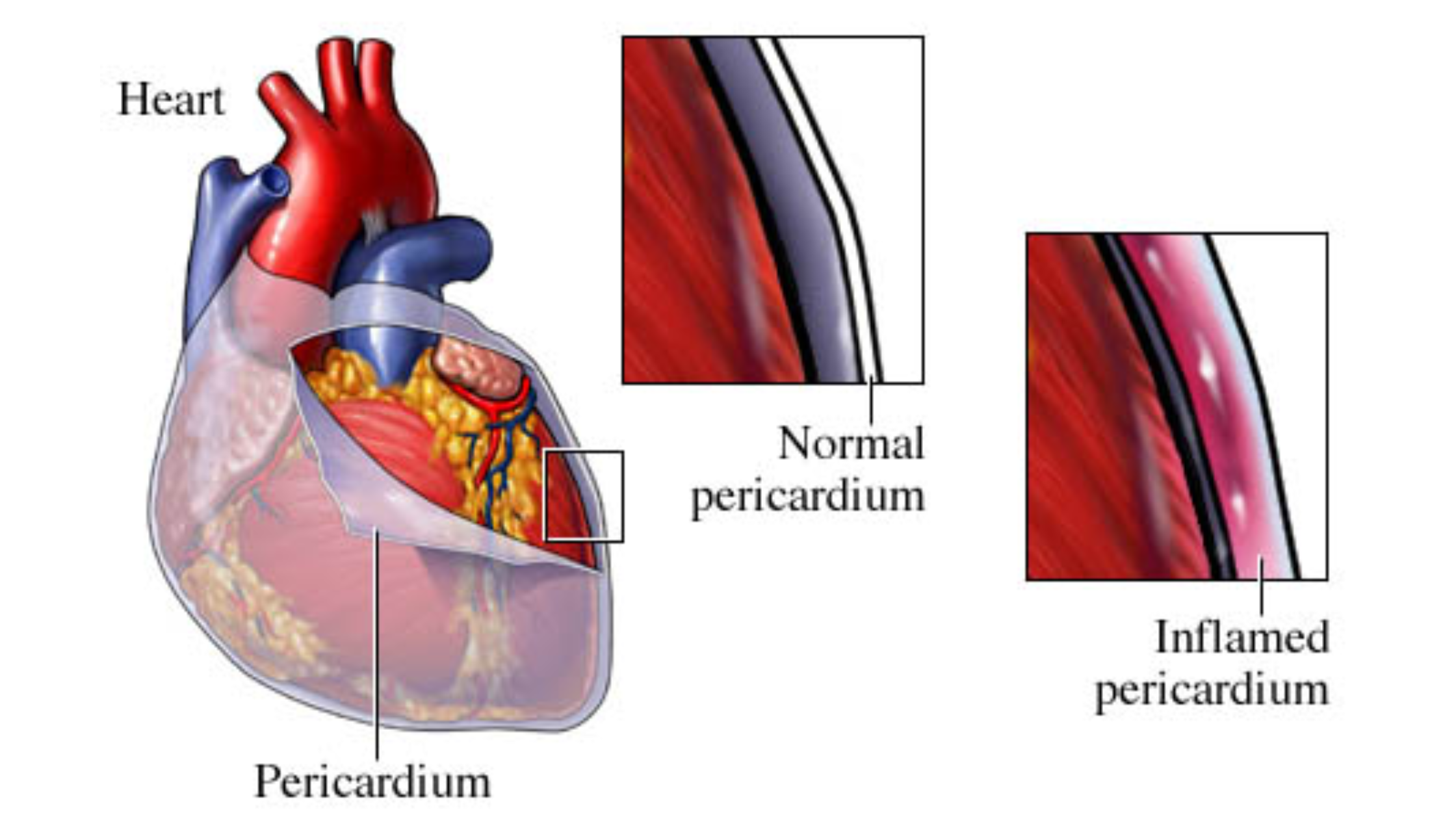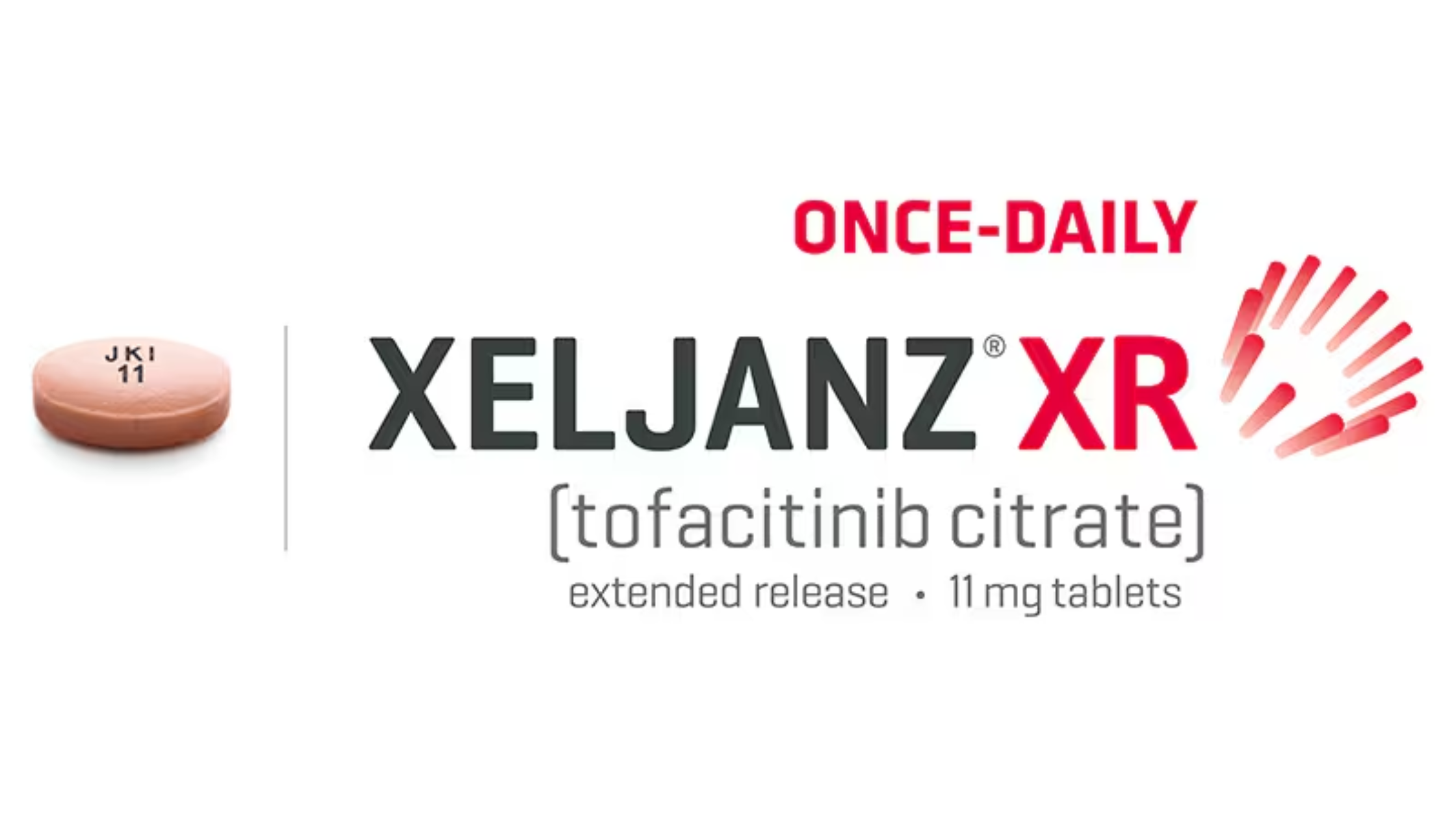Last updated on November 6th, 2025 at 10:50 am
Aspirin chest tightness is a symptom that you may experience after taking aspirin. Understanding this reaction is important because aspirin is widely used, especially in preventing heart attacks, but it may also cause adverse effects. These can include chest tightness which is very rare.
What Is Aspirin Chest Tightness?
Aspirin chest tightness is a sensation of pressure, constriction, or discomfort in the chest after taking aspirin. Aspirin is a common medication known for its blood-thinning properties, often prescribed to reduce the risk of heart attacks and stroke by preventing blood clots. However, in rare cases, aspirin can cause allergic reactions or other side effects that manifest as chest discomfort or tightness.
Trusted medical sources note that aspirin’s benefits in heart disease are well-established, especially when taken soon after chest pain onset to reduce heart attack deaths. Nonetheless, people must be aware of possible adverse reactions including chest tightness, which could indicate an allergic reaction, bronchospasm, or even coronary artery spasm in very rare cases.
Causes of Chest Tightness After Taking Aspirin
Several mechanisms can explain why aspirin might cause chest tightness:
- Allergic Reaction: Some individuals may have an allergic response to aspirin characterized by symptoms including chest tightness, swelling of airways, wheezing, and difficulty breathing. This is a medical emergency and needs urgent treatment.
- Aspirin-Induced Bronchospasm: Particularly in people with asthma or aspirin-exacerbated respiratory disease (AERD), aspirin can trigger bronchospasm leading to chest tightness and wheezing.
- Coronary Artery Spasm: There are rare cases where aspirin may induce coronary artery smooth muscle spasm, resulting in chest pain typical of angina or even myocardial infarction. This mechanism is believed to be rare and associated with hypersensitivity or other underlying conditions.
- Gastrointestinal Causes: Aspirin can irritate the stomach lining causing ulcers or gastritis, which may sometimes be felt as chest discomfort though this is less common.
Symptoms to Watch For
If experiencing aspirin chest tightness, observe for any of the following symptoms that may indicate a serious condition:
- Difficulty breathing or wheezing
- Swelling of lips, tongue, or throat
- Sudden severe chest pain or pressure lasting more than a few minutes
- Coughing up blood or blood in vomit
- Skin or eye yellowing (signs of liver issues)
- Rash, itching, or swelling
Any of these require immediate medical attention.
What To Do If You Experience Chest Tightness After Aspirin
- Stop Taking Aspirin: If you suspect aspirin is causing chest tightness, discontinue use and seek medical advice promptly.
- Seek Emergency Care: For signs of allergy or heart-related symptoms, call emergency services immediately.
- Consult Your Doctor: Your doctor may recommend alternative medications like clopidogrel if aspirin intolerance is confirmed, especially if aspirin was prescribed for heart disease prevention.
- Do Not Ignore Chest Pain: Aspirin is often given to reduce heart attack risks, so distinguishing between side effects and heart attack symptoms is crucial. If chest pain is new or worsening, seek emergency evaluation.
Aspirin chest tightness can be a symptom of a serious allergic or cardiac reaction, though it is rare. While aspirin provides significant benefits in preventing heart attacks, awareness of its potential side effects is essential. Anyone experiencing chest tightness after aspirin use should seek medical assessment immediately to rule out serious complications and to receive appropriate management.




